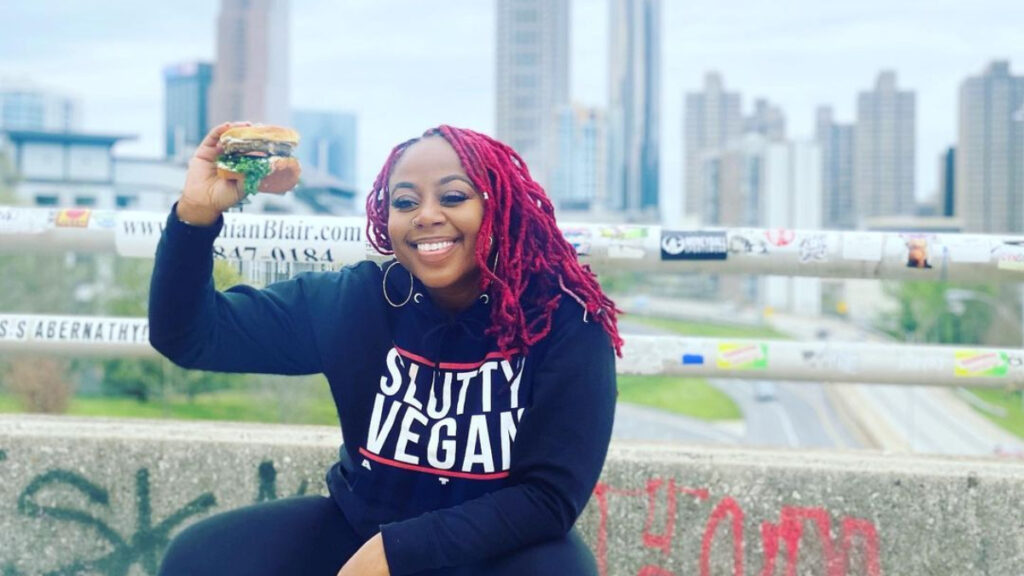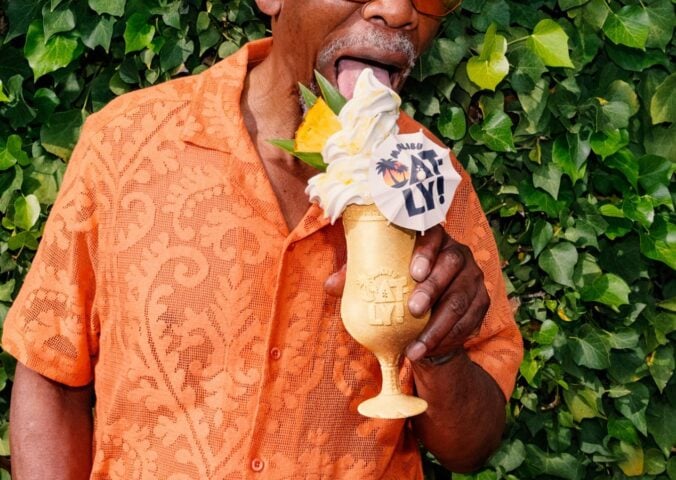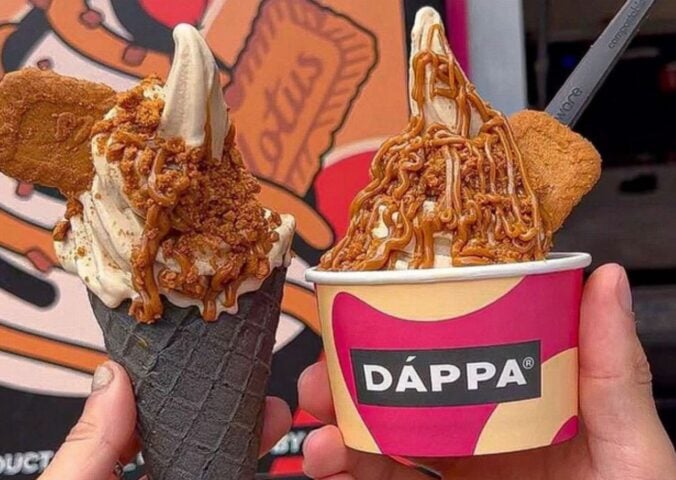Veganism is undeniably booming worldwide. But spotlights are particularly being shon on Black-owned restaurants for their work furthering the movement.
Until recent years, Black Americans formed a minority of the country’s meatless population. So how are Black-owned businesses transforming the stereotype?
Transforming vegan movement
In 2016, Pew Research Center took a survey. It found that eight percent of Black Americans are strict vegans or vegetarians, compared to just three percent of the general population.
Despite wide white connotations, Black Americans are 31 percent more likely to be vegan than white Americans – according to Gallop.
Moreover, Black-owned businesses are cropping up statewide, influenced by a range of cuisines from Ethiopia to Puerto Rico. This was delved into throughout an extensive feature recently published by The Guardian.
Part of the reason, a vegan chef from Puerto Rica explained to the news outlet, is that they’re bringing ‘flavor and soul’ to it.
And social platforms are considered to be helping too: thanks to the likes of the inspirational TikTok star Tabitha Brown.
Related articles…
Black-owned restaurants
Black-owned businesses are using various techniques and global cuisines to expand vegan dishes and further popularity.
Black chefs in Oakland, for example, are using ‘fast food and hip-hop references mixed with a bold cuisine that pays homage to Black, African and Caribbean food culture’.
Slutty Vegan is another restaurant with soaring success. Founder Pinkie Cole attributes the success of herself and fellow Black vegan outlets to choosing the right music, to make customers feel at home.
In The Guardian, she added: “When you create an experience, you get them to stop thinking and make them feel comfortable enough to come into a space and indulge in a plant-based burger.”
Black-owned businesses are also receiving support from NBA stars to rappers and sports icons, including RZA, Venus Williams, and Chris Paul.
Roots and stereotypes
But it’s only come after vegan culture, especially in the West, has been stereotyped. And it’s still viewed by many as being only for the white middle-class.
Despite this, veganism has Asian roots. But the health industry has been blamed for causing many people of color to feel misrepresented in the vegan sphere.
For example, former Black Panther Party Leader Ericka Huggins told The Guardian she thought veganism ‘was a white thing’ when she made the switch.
Journalist Miranda Larbi writes: “Veganism is such a force for good that it’s nigh-on impossible to knock it. But you could be forgiven for thinking that it’s a relatively new internet-born ‘trend’.
“…Wellness Instagram is awash with vegan bloggers and influencers offering new ultra-millennial recipes, ways of getting protein and vegan clothing stash.
“…Veganism has been a moral, spiritual, physical, and tool for radical liberation for many people of color for many years.
“And yet, we hear nothing about it and many people of color feel that wellness veganism is completely inaccessible…
“As vegans, we need to make a conscious effort to make sure we’re being as racially inclusive as possible.”






